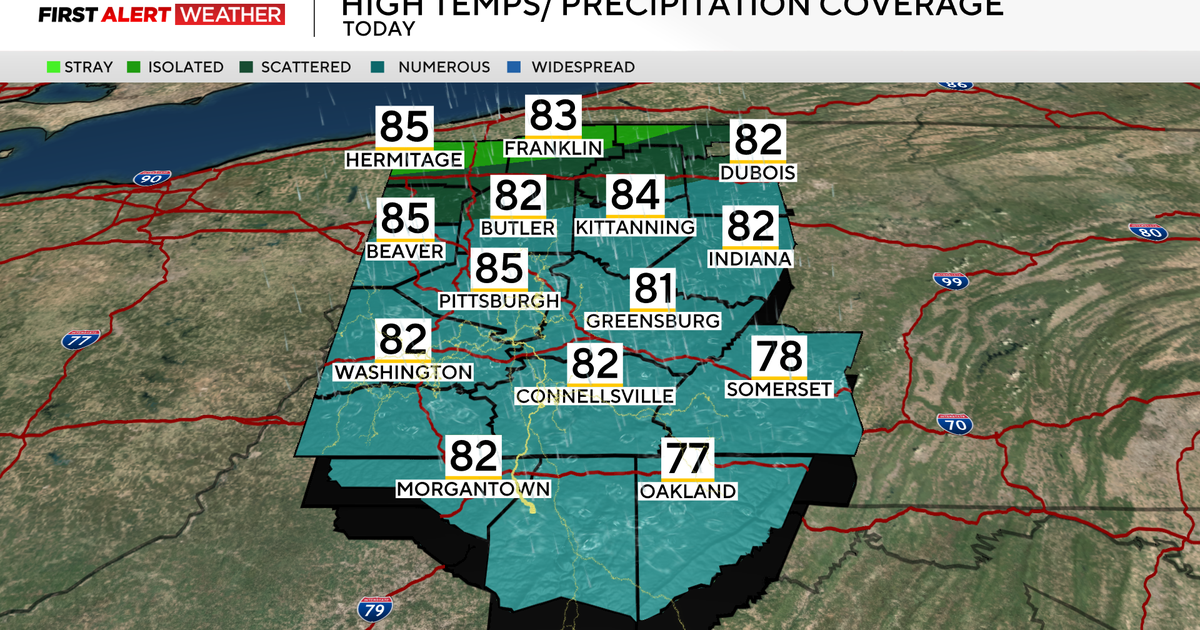Orionids Meteor Shower To Peak Overnight
PITTSBURGH (KDKA) -- It's back! It's no real surprise that the Orionids meteor shower is back.
This yearly meteor shower isn't one of the brightest showers each year, but it is one of the more consistent ones when it comes to its peak time.
Every year the shower peaks on either October 20th to October 21.
While tonight and tomorrow is the peak for the Orionids meteor shower, our viewing isn't expected to be very good.
A cold front will have us at best dealing with mostly cloudy skies tonight and Wednesday night too.
According to timeanddate.com, both tonight and on Wednesday night, the best direction to look for the meteor shower is due east.
Start by looking at the horizon and work your way up from there the later into the night you go.
As always you should move as far away from city lights and any light source as possible and give your eyes a good 15-20 minutes to adjust to the dark sky.
The Orionids are caused by the dust of Haley's Comet.
The comet last passed by the earth in 1986 and is known as really the first comet that satellite data was able to sample, giving us a better understanding of the make-up of comets.
Halley's comet moves by every 75 to 76 years.
Halley's comet also causes another meteor shower in May called the Eta Aquarids.
The Orionids meteor shower is the second visible meteor shower of the month, with the Draconids generally peaking two weeks before the Orionids. If you miss out on the Orionids don't worry, the Leonids meteor shower is just a month away.
For information on the best viewing times and directions, click here.



